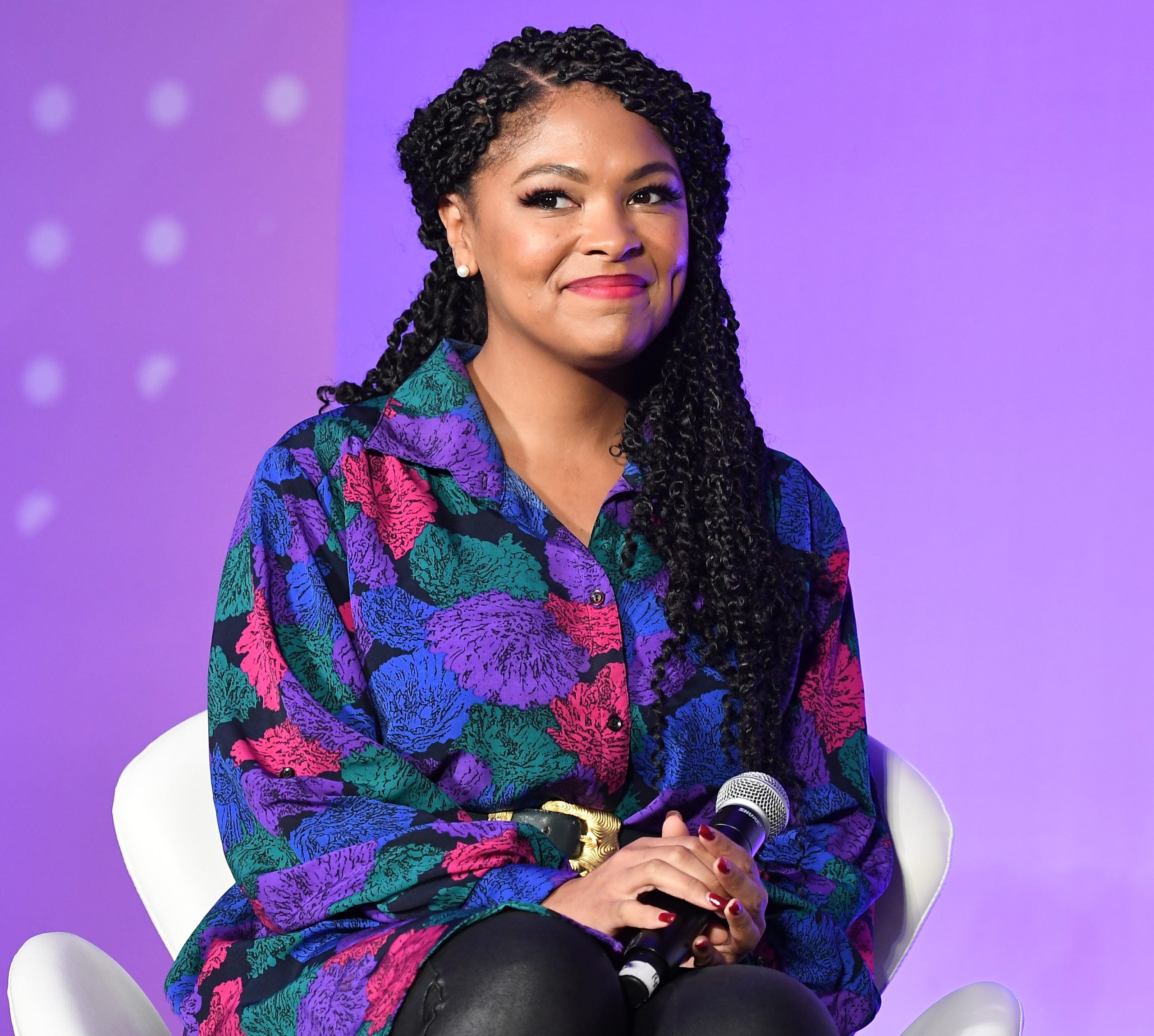In the ever-competitive industry of venture capitalism, it’s a widely known fact that this world is chock-full of white guys. Black women founders receive less than 1 percent of VC funding and to make matters worse, many of those investors see no cause for alarm.
This is just one of the reasons why entrepreneur Sevetri Wilson is such an anomaly. Just as COVID-19 began its destructive course through the U.S. and our communities, Wilson raised $8 million in series A funding for her company Resilia.
“We closed funding, at the onset of COVID-19 when you felt it; I felt the walls closing in,” Wilson says.
Resilia is a software as a service (SaaS) platform with a mission to harness the power of generosity, technology, and human connection to make nonprofit leadership available for everyone. In a nutshell, through Resilia nonprofits are provided the support needed to thrive.

“I could have stayed out and brought on additional investors for $2 million more, but I was just tired and COVID-19 was hitting,” Wilson says about hitting that homestretch.
This $8 million feat is the highest venture capital raise by a female-founded tech company in the state of Louisiana and, as Wilson mentioned, the funding climate compounded by the onset of COVID-19 she could’ve continued further.
Little is often discussed about the arduous process of raising capital while Black—an undertaking rendered even more challenging when you’re also a Black woman. Unsurprisingly, the amount of energy and effort exerted for Black women to raise a fraction of what white men can often raise in less time, is exponentially higher.
“Typically just to raise about $5 million it may take about 300 meetings for somebody who’s Black and out here raising and that’s just the reality,” explained Fearless Fund co-founder Arian Simone to ESSENCE recently. She further noted that someone who is white may only need 20 meetings to raise even more capital.
Even convincing investors that this is a major problem presents yet another hurdle. A 2018 Morgan Stanley survey revealed that out of 101 investors, nearly 60 percent believed that women and minority-owned businesses received the correct amount of capital. Even worse, 20 percent believed the same groups received “more than they deserved.”
81 percent of VC funds have no Black investors.
According to a RateMyInvestor and DiversityVC study.
Despite industry odds, Wilson has leaped from obstacle to obstacle with aplomb. In 2018, she made headlines for being one of 33 Black women who had raised more than a million dollars in funding for her company ExemptMeNow, an online platform that simplifies the process of creating and maintaining a nonprofit.
But that said, this recent journey was far from easy. “It took me roughly about four or five months to raise a series A, and that was basically setting up meetings,” Wilson says. “We had one investor that we thought was probably going to be a significant lead over time to decide who was going to lead our round. They came out to New Orleans, wined and dined us. [Later] they were like, “Oh, we’re going to pass.” I was like, ‘What?’”
Thankfully, Wilson wasn’t soured by the experience. After all, situations like these are commonplace in the oft-fickle world of VC investors.
According to a recent RateMyInvestor and DiversityVC, study 81 percent of VC funds have no Black investors. However, one has to consider what would the founder landscape look like if there were more Black faces wining and dining prospective candidates?
When asked about the most important advice she had for Black women raising capital, Wilson explained that due diligence—that rigorous vetting process where investors are intensely evaluating whether or not your company is worthy of their investment—can be the most make it or break it moment for Black women founders.
Being able to go through the diligence of raising capital is one of the biggest hurdles. But you can get over that hurdle
Sevetri Wilson, founder, Resilia
“Being able to go through the diligence of raising capital is one of the biggest hurdles. But you can get over that hurdle,” she says.
It all starts with having the appropriate data for your finances, products, market research and beyond. Basically, stay ready. “These are the key next things that you have to get through to get to the other side of that funding.”
Despite Wilson’s big win, the Resilia founder isn’t resting on her laurels. She’s passionate about spreading the wealth and is working on an e-book to help fellow-entrepreneurs achieve what she has.
“I thought ‘How could I use my talents to continue to help other businesses and nonprofits that are suffering during this time?’” she says. “And so that was something that I feel most happy about. It’s literally just taking people step-by-step through how I raised, from the first $100,000, to the first $2 million, now $8 million.”
Check out www.sevetriwilson.com for updates on the forthcoming e-book.

